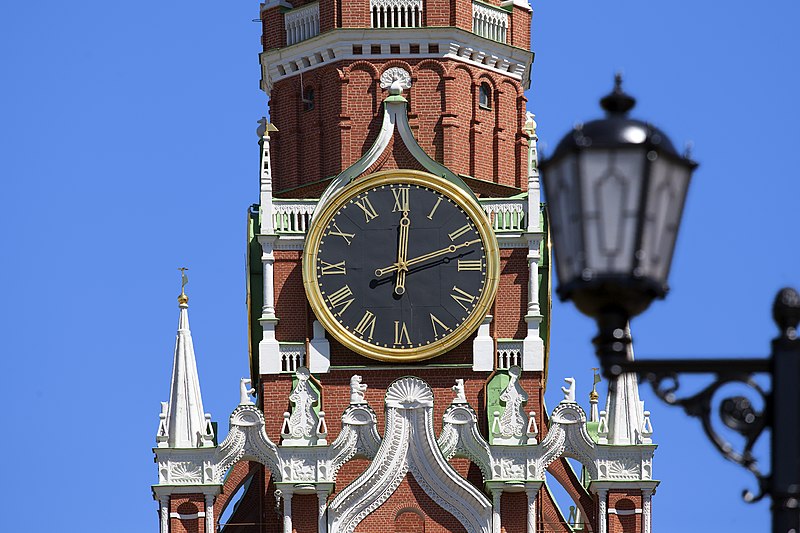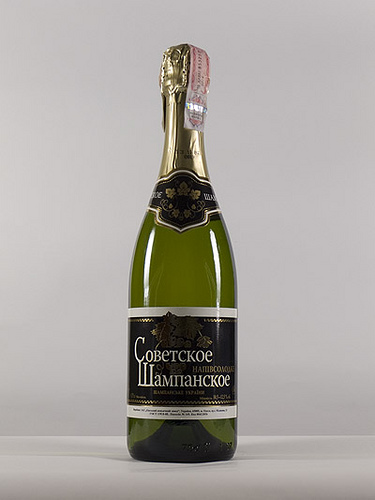Synonyms: How to Tell the Difference
Synonyms are a blessing and a curse for language learners. How can a language learner know the difference between two words that mean the same thing? How do you know when to choose one word, and when to choose the other? Can they be used interchangeably, or does each word have a specific niche and belong to a certain context? I will try to answer those questions in this article, and I will share a few practical tips on how to make synonyms your friends.




